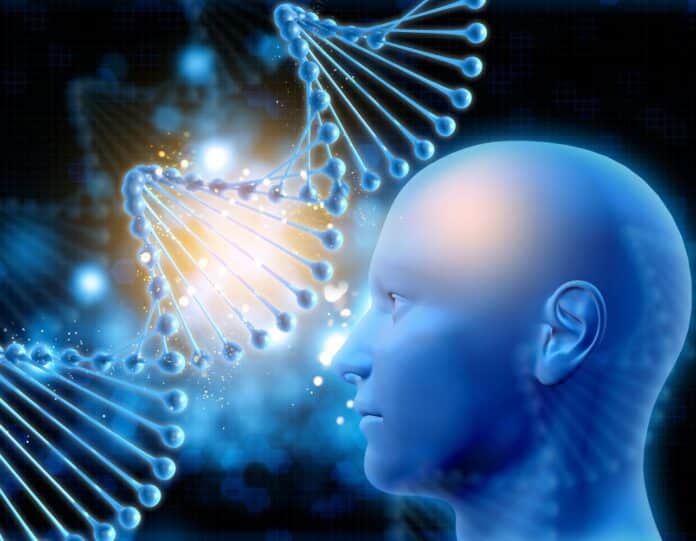The KDM5B gene has been connected to autism and a few illnesses associated with intellectual disabilities in the past. Certain variations are also linked to decreased brain function in the general population, but they are not to the point of noticeable impairment or behavioral signs.
Recently, scientists at King’s College London, the University of Exeter, and the University of California Irvine have discovered that a decreased function of the gene in the brain causes memory loss and learning difficulties as well as a decrease in the brain’s capacity to fortify neuronal connections, which is essential for memory formation.
This gene was previously linked to intellectual disability. In this study, this gene was found to regulate learning and Memory in mice.
The team’s most recent mouse study, just published in the Journal of Neuroscience, details the reduced learning and memory capacities of mice bred without a fully functional KDM5B gene. The researchers also decreased the amount of this gene in the hippocampus, a part of the brain involved in Memory, in a different group of adult mice to rule out the possibility that an effect on brain development may have brought on the effect.
They discovered that specific mice developed epileptic convulsions due to decreased gene function and that their Memory and learning also declined. Laboratory research suggested that there was less neuronal connection strengthening during memory formation.
Professor Albert Basson, whose research group began the work at King’s College London and has since moved to the University of Exeter, said: “Memory and the ability to learn are fundamental to our intellectual potential, yet we still have much to learn about the underpinning mechanisms. For more than a decade, the KDM5B gene has been linked to autism and some forms of intellectual disability, but a mutation in this gene alone is not always sufficient to cause these conditions, so it hasn’t been studied in detail.”
“Our work shows that KDM5B is important for learning and memory and provides new insight into the fundamental mechanisms of memory and learning, which is crucial to finding new ways to improve these functions.”
KDM5B can alter the structure of the genetic material in our cells, which controls the expression of genes required for brain function or development at the appropriate level and at the proper time.
Dr Leticia Peres-Sisquez, who performed the research at King’s College London, said: “We set out to investigate whether KDM5B’s ability to modify genetic material directly impacts learning and Memory. We’ve discovered that the gene directly impacts learning and Memory – which is distinct from any effect during brain development.”
“This gene will now be of much greater interest to researchers on the quest for new treatments for conditions including autism and other intellectual disability disorders.”
Journal Reference:
- Leticia Perez-Sisques, Shail Bhatt, Rugile Matuleviciute, Talia Gileadi et al. The intellectual disability risk gene Kdm5b regulates long-term memory consolidation in the hippocampus—Journal of Neuroscience. DOI: 10.1523/JNEUROSCI.1544-23.2024
